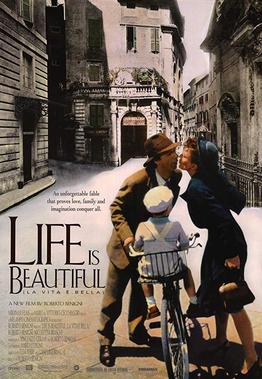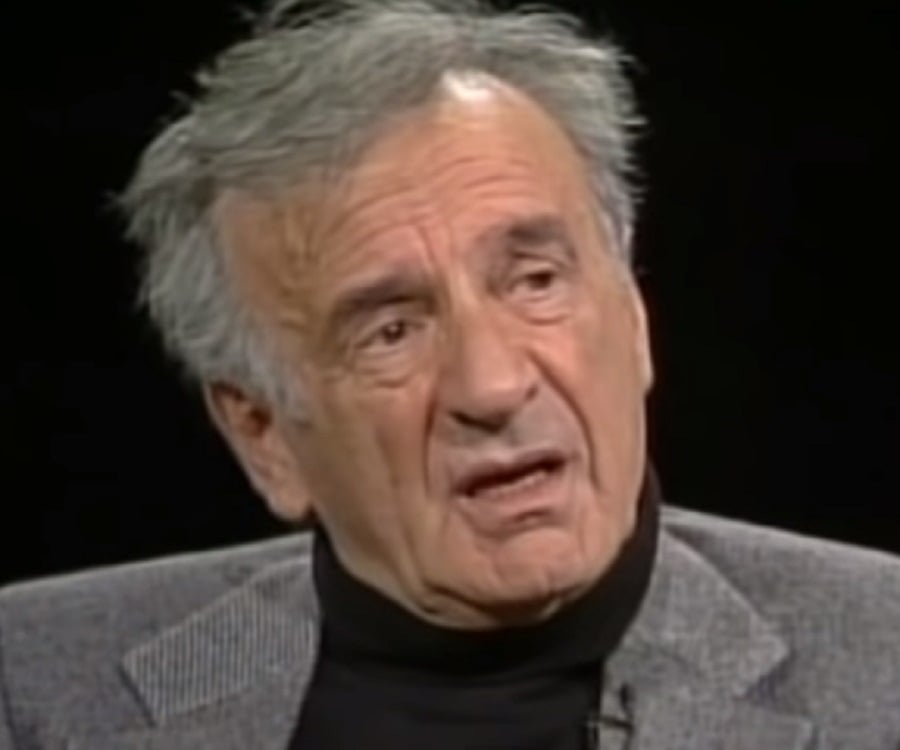Out of all the improvements that I accomplished this quarter, my blogs would be the biggest. They helped me write essays more easier as I no longer waste a lot of time thinking about what to write. Before, I would think of writing theses blogs as if it was the most difficult task of my life. Now, they just seem as if they're just a daily task. They also seem to help me know which words I should use to write towards an audience (expands my vocabulary).
I'm proud that I accomplished learning about the Holocaust. Before, I didn't know much about it. At that time, I only thought of it having something to do with Hitler and Jewish people. I now know that there is more to that as it was one of the reasons why the word “Genocide” was created. Sometimes I wonder "If Hitler never came into power, would World War II occur or will it never exist?"
The most challenging task of this quarter would have to be the amount of homework we were given earlier (January–late February). I overcame the difficulty of the homework by switching up my schedules for doing homework with other things that I don't really need to have. However, as the quarter was progressing further towards the fourth quarter, the homework became more easier.
Friday, March 31, 2017
Thursday, March 30, 2017
Life is Beautiful
Life is Beautiful was wonderful as it was very good and had a lot of similarities and differences. One of the similarities from the movie and Night was that both protagonists were sent onto the train that was going to a concentration camp. The difference of this however, is that Elie was sent there for almost two years while the main characters in the movie was sent to a camp close to the end of the war. Another similarity between Life is Beautiful and Night is that both Elie and Giosuè lost their father during their time inside the concentration camp, only Giosuè was a child while Elie was only a teenager.
Life is Beautiful and Night also had similarities and differences about the situations that were happening. One of these differences is that Life is Beautiful took place mostly in Italy while Night took place mostly in Auschwitz, Birkenau, and Buna. Life is Beautiful also show the effects of Italy taking over Ethiopia and how they celebrated with their victory while Night only talks about the event briefly. Night is a bit similar from Life is Beautiful during the camps as Night describes the conditions and horrors of what he saw. Life is Beautiful is the same as there is a scene where Guido (the father) is carrying Giosuè (his son) during their attempt at escaping the concentration camp, witnesses a massive pile of deceased Jewish prisoners and slowly walks away.
The tone and mood of both Life is Beautiful and Night is different and similar. Life is Beautiful and Night starts off joyful as the main characters are living their peaceful and exciting lives in the beginning but becomes gloomy as they are taken to the camps. Night and Life is Beautiful also have the same point of view (first person). However, Night is told in a more serious tone while Life is Beautiful contains humorous events but still is shown serious.
Life is shown beautiful in the film as it adds elements of romance and humor to show how joyful the characters were. In the film, Guido goes everywhere near Nora and does anything that gets him close to Nora such as impersonating an inspector, being a waiter at a fancy hotel, etc. Also scene from the film that shows how life is beautiful is how Guido and Nora become married and start their life together with their family.
Life is Beautiful and Night also had similarities and differences about the situations that were happening. One of these differences is that Life is Beautiful took place mostly in Italy while Night took place mostly in Auschwitz, Birkenau, and Buna. Life is Beautiful also show the effects of Italy taking over Ethiopia and how they celebrated with their victory while Night only talks about the event briefly. Night is a bit similar from Life is Beautiful during the camps as Night describes the conditions and horrors of what he saw. Life is Beautiful is the same as there is a scene where Guido (the father) is carrying Giosuè (his son) during their attempt at escaping the concentration camp, witnesses a massive pile of deceased Jewish prisoners and slowly walks away.
The tone and mood of both Life is Beautiful and Night is different and similar. Life is Beautiful and Night starts off joyful as the main characters are living their peaceful and exciting lives in the beginning but becomes gloomy as they are taken to the camps. Night and Life is Beautiful also have the same point of view (first person). However, Night is told in a more serious tone while Life is Beautiful contains humorous events but still is shown serious.
Life is shown beautiful in the film as it adds elements of romance and humor to show how joyful the characters were. In the film, Guido goes everywhere near Nora and does anything that gets him close to Nora such as impersonating an inspector, being a waiter at a fancy hotel, etc. Also scene from the film that shows how life is beautiful is how Guido and Nora become married and start their life together with their family.
Monday, March 13, 2017
Night blog
Elle’s experiences during the Holocaust changes him as a person by changing his religious faith. In the beginning of the book, Elie was very pious towards his god. Wiesel stated that, “One evening I told him how unhappy I was because I could not find a master in Sighet to instruct me in the Zohar, the cabbalistic books, the secrets of Jewish mysticism”. Wiesel was very pious as he wanted to learn everything of his Jewish religion.
Later on in the book, Elie begins to change. Elie states that he had witnessing prisoners being sent to the crematory to be burned alive. “A lorry drew up at the pit and delivered its load—little children. Babies! Yes, I saw it—saw it with my own eyes….those children in the flames… For the first time, I felt revolt rise up in me. Why should I bless His name? The Eternal, Lord of the Universe, the All-Powerful and Terrible, was silent. What had I to thank Him for?” (30). Before Elie and his family were sent to Auschwitz (They were still in Sighet), Elie had always wanted to study the Cabbala, Talmud, and learn Mysticism but as he made his way to the concentration camp, He began losing his religious faith towards his God as if He was dead. “Never shall I forget that nocturnal silence which deprived me, for all eternity, of the desire to live. Never shall I forget those moments which murdered my God and my soul and turned my dreams to dust, never shall I forget these things, never if I am condemned to live as God Himself. Never.” (Wiesel 32)
Another change that was caused by his experiences during the Holocaust was his relationship with his father. Once Elie and his father had arrived at Auschwitz, his father had a colic attack which he asked “Excuse me, can you tell me where the lavatories are?” (Wiesel 36). Upon asking this question, he was struck by the gypsy where Elie thought, “What had happened to me? My father had just been struck, before my very eyes, and I had not flickered an eyelid. I had looked on and said nothing. Yesterday, I should've sunk my nails into the criminal’s flesh” Wiesel 37). As time passes, Elie’s father was beaten by Idek with an iron bar. What's different is that Elie “was thinking of how to get further away so that I would not be hit myself. What is more, any anger I felt at that moment was directed, not against the Kapo, but against my father. I was angry with him, for not knowing how to avoid Idek’s outbreak. That is what concentration camp life had made of me. This shows how Elie had thought of doing something against the gypsy that struck his father when he arrived at Auschwitz but changes as he thought of moving further away from his father who was being beaten by Idek at this moment in order to not get hit.
Wiesel, Elie. Night. New York, NY: Hill and Wang, a division of Farrar, Straus and Giroux, 2013. Print.
Later on in the book, Elie begins to change. Elie states that he had witnessing prisoners being sent to the crematory to be burned alive. “A lorry drew up at the pit and delivered its load—little children. Babies! Yes, I saw it—saw it with my own eyes….those children in the flames… For the first time, I felt revolt rise up in me. Why should I bless His name? The Eternal, Lord of the Universe, the All-Powerful and Terrible, was silent. What had I to thank Him for?” (30). Before Elie and his family were sent to Auschwitz (They were still in Sighet), Elie had always wanted to study the Cabbala, Talmud, and learn Mysticism but as he made his way to the concentration camp, He began losing his religious faith towards his God as if He was dead. “Never shall I forget that nocturnal silence which deprived me, for all eternity, of the desire to live. Never shall I forget those moments which murdered my God and my soul and turned my dreams to dust, never shall I forget these things, never if I am condemned to live as God Himself. Never.” (Wiesel 32)
Another change that was caused by his experiences during the Holocaust was his relationship with his father. Once Elie and his father had arrived at Auschwitz, his father had a colic attack which he asked “Excuse me, can you tell me where the lavatories are?” (Wiesel 36). Upon asking this question, he was struck by the gypsy where Elie thought, “What had happened to me? My father had just been struck, before my very eyes, and I had not flickered an eyelid. I had looked on and said nothing. Yesterday, I should've sunk my nails into the criminal’s flesh” Wiesel 37). As time passes, Elie’s father was beaten by Idek with an iron bar. What's different is that Elie “was thinking of how to get further away so that I would not be hit myself. What is more, any anger I felt at that moment was directed, not against the Kapo, but against my father. I was angry with him, for not knowing how to avoid Idek’s outbreak. That is what concentration camp life had made of me. This shows how Elie had thought of doing something against the gypsy that struck his father when he arrived at Auschwitz but changes as he thought of moving further away from his father who was being beaten by Idek at this moment in order to not get hit.
Wiesel, Elie. Night. New York, NY: Hill and Wang, a division of Farrar, Straus and Giroux, 2013. Print.
Subscribe to:
Posts (Atom)


